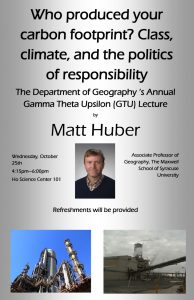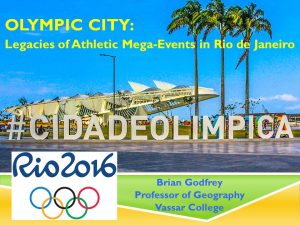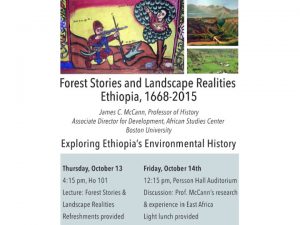Professor Yamamoto, along with Mitsuo Yamakawa, co-edited two volumes: Unravelling the Fukushima Disaster and Rebuilding Fukushima.

For Unravelling the Fukushima Disaster, the publisher notes: the Fukushima disaster continues to appear in national newspapers when there is another leakage of radiation-contaminated water, evacuation designations are changed, or major compensation issues arise and so remains far from over. However, after five years, attention and research towards the disaster seems to have waned despite the extent and significance of the disaster that remains.
The aftermath of Fukushima exposed a number of shortcomings in nuclear energy policy and disaster preparedness. This book gives an account of the municipal responses, citizen’s responses, and coping attempts, before, during, and after the Fukushima crisis. It focuses on the background of the Fukushima disaster, from the Tohoku earthquake to diffusion on radioactive material and risk miscommunication. It explores the processes and politics of radiation contamination, and the conditions and challenges that the disaster evacuees have faced, reflecting on the evacuation process, evacuation zoning, and hope in a post-Fukushima environment.
Rebuilding Fukushima gives an account of how citizens, local governments, and businesses responded to and coped with the crisis of Fukushima. It addresses principles to guide reconstruction and international policy environments in which the current disaster is situated. It explores how reconstruction is articulated and experienced at different spatial scales, ranging from individuals to communities and municipalities, and details recovery efforts, achievements, and challenges in the realms of public transportation, agriculture and food production, manufacturing industries, retail sectors, and renewable-energy industries. This book also critically investigates the nature of the current reconstruction policy schemes, and seeks to articulate what may be required in order to achieve more sustainable and equitable (re)development in afflicted regions and other nuclear host regions.
Drawing on extensive fieldwork and local surveys, this volume is one of the first books in English that captures the knowledge and insights of native Japanese social scientists who dealt with the complexities of nuclear disaster on a day-to-day basis.







